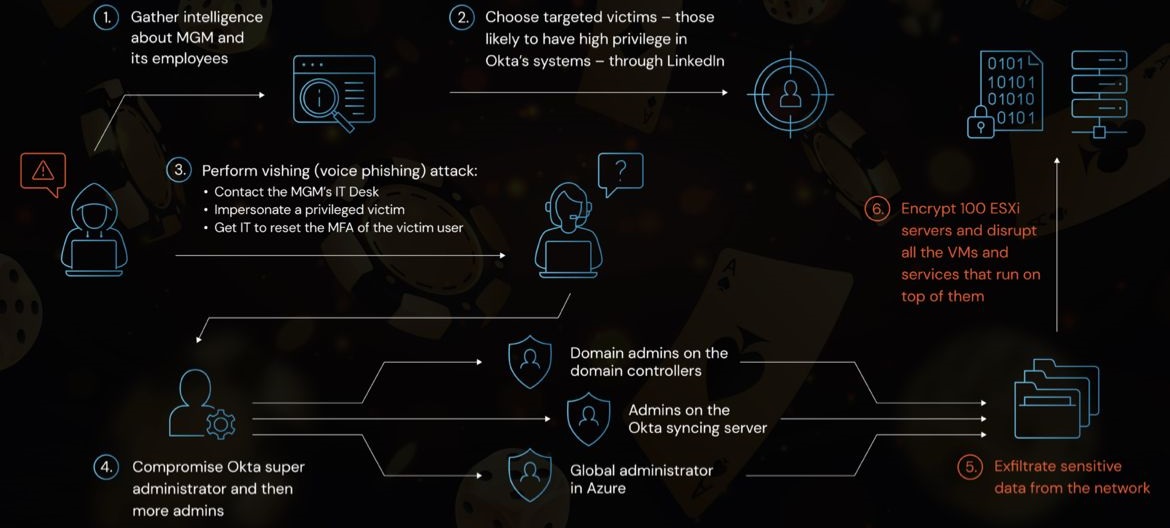
In today's digital age, small businesses face a growing number of cybersecurity threats that can jeopardize their operations, reputation, and bottom line. The importance of implementing robust cybersecurity measures cannot be overstated. This article aims to provide small business owners with comprehensive tips and essential tools to enhance their cybersecurity posture. By following these guidelines, you can protect your sensitive data, safeguard your online presence, and mitigate potential risks effectively.
Understanding Cybersecurity Threats
Before diving into specific tips and tools, it is crucial to understand the various cybersecurity threats that small businesses commonly encounter. This section will outline the most prevalent threats, including malware attacks, phishing attempts, ransomware, and social engineering. By recognizing these risks, you can better prepare yourself to combat them.
Building a Strong Cybersecurity Foundation
To establish a strong cybersecurity foundation, it is essential to educate yourself and your employees about best practices. This section will cover topics such as creating strong passwords, enabling two-factor authentication, practicing safe browsing habits, and identifying and reporting suspicious activities. By implementing these measures, you can significantly reduce the risk of cyber incidents.
Securing Your Network and Devices
Protecting your network and devices is paramount in today's interconnected world. This section will discuss the importance of using firewalls, keeping software up to date, encrypting sensitive data, and implementing secure Wi-Fi networks. By securing your network infrastructure and devices, you can prevent unauthorized access and data breaches.
Safeguarding Your Online Presence
Maintaining a strong online presence is vital for small businesses, but it also exposes them to potential threats. This section will explore strategies such as regular website security audits, secure website hosting, implementing SSL certificates, and being mindful of social media privacy settings. By taking these precautions, you can protect your online assets from cybercriminals.
Backing Up Your Data
Data loss can be catastrophic for small businesses. In this section, we will emphasize the importance of regularly backing up your data and implementing a robust data recovery plan. We will discuss both local and cloud-based backup solutions, highlighting their advantages and best practices for ensuring data integrity.
Utilizing Essential Cybersecurity Tools
In addition to following best practices, employing effective cybersecurity tools can bolster your defense against cyber threats. This section will introduce essential tools such as antivirus software, anti-malware programs, password managers, and intrusion detection systems. We will provide recommendations for reliable tools that cater specifically to small business needs.
Conclusion
As the digital landscape continues to evolve, small businesses must prioritize cybersecurity to safeguard their operations and reputation. By implementing the essential tips and utilizing the recommended tools outlined in this article, you can significantly enhance your cybersecurity posture. Remember, investing in cybersecurity is an investment in the future of your business.
In today's hyperconnected world, small businesses face increasing cybersecurity threats. Protecting sensitive data, securing networks and devices, and maintaining a strong online presence are critical to mitigating potential risks. By following comprehensive tips and utilizing essential cybersecurity tools, small business owners can defend against cyber threats effectively.


